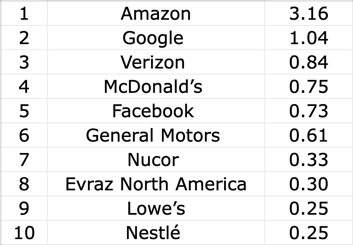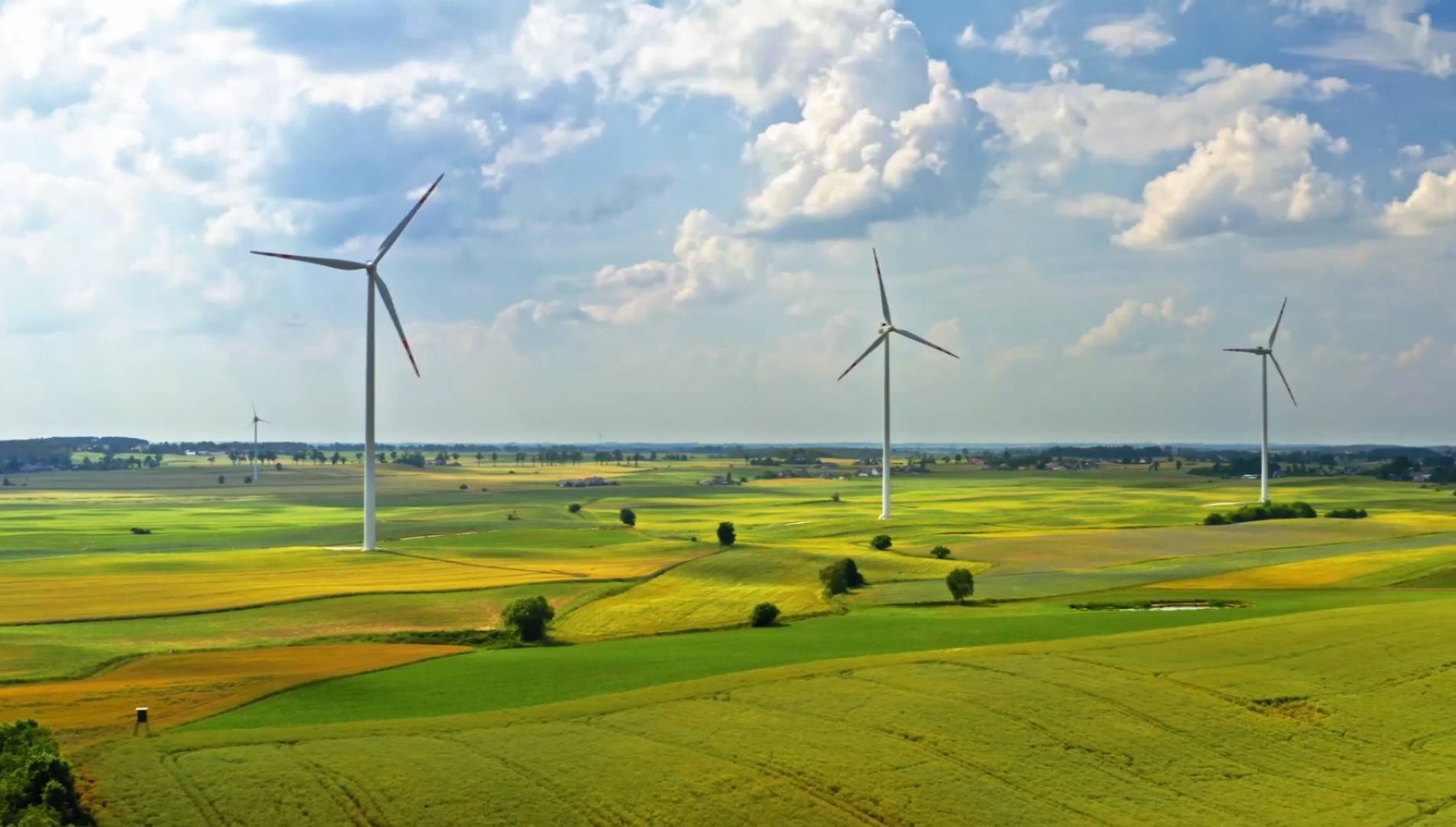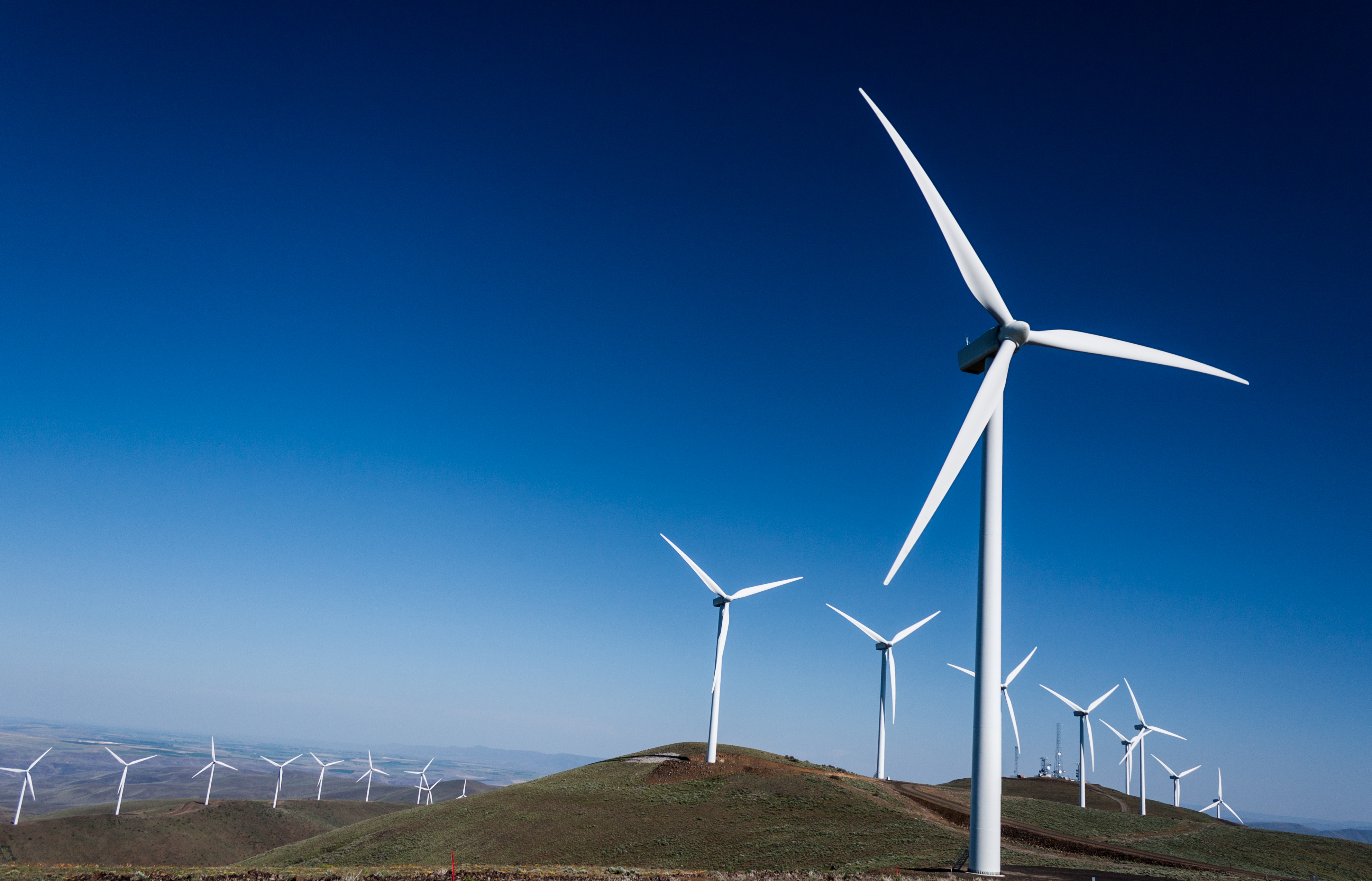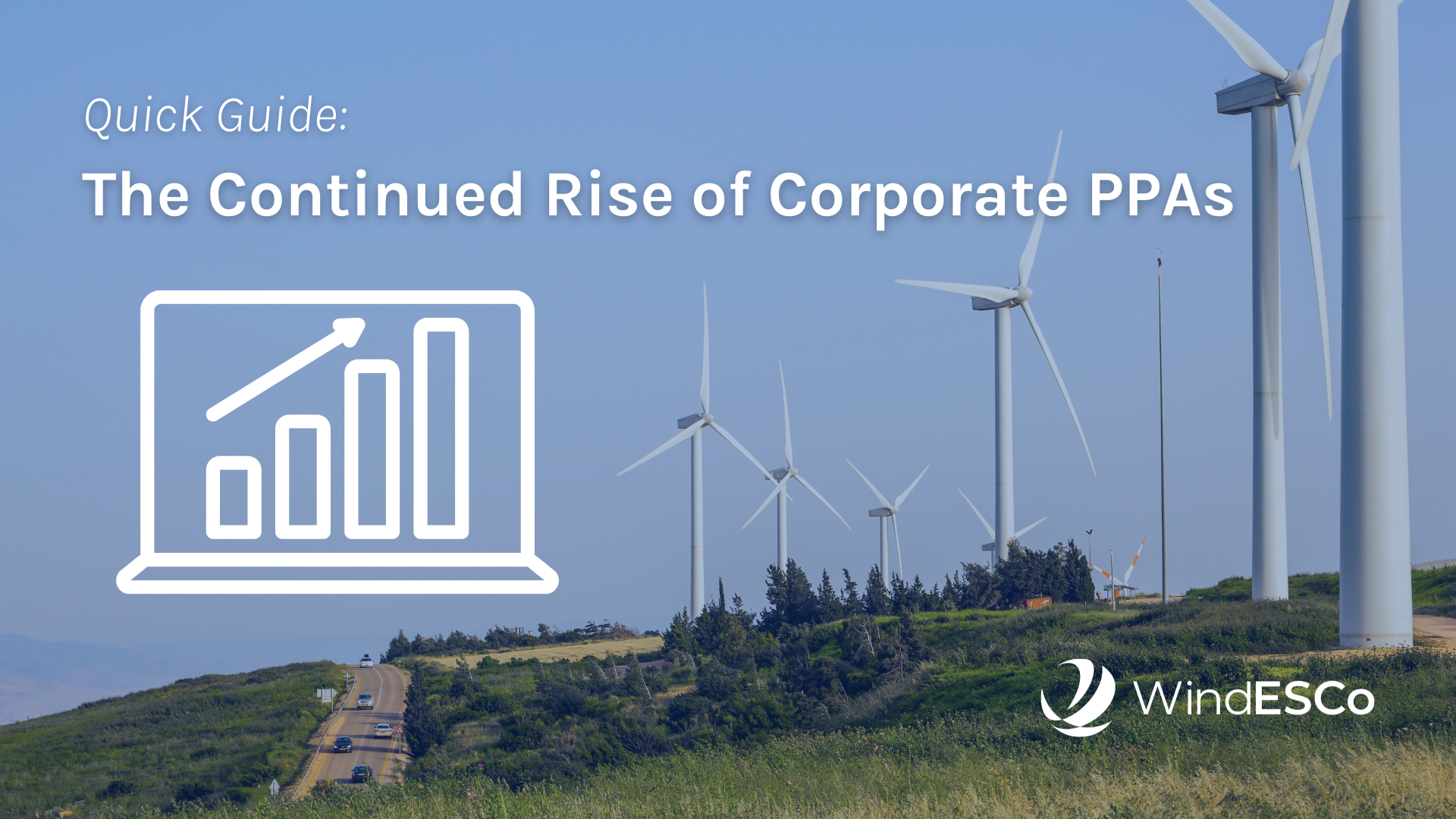2 min read
WindESCo awarded Department of Energy SBV for wind farm control
The U.S. Department of Energy’s (DOE) National Renewable Energy Laboratory (NREL) will collaborate with 14 companies to address their critical...
The growing global popularity of corporate power purchase agreements (PPAs) was proved beyond doubt in the last year.
Despite the COVID-19 pandemic, a global recession and uncertainty about US energy policy ahead of the US presidential election, corporate clean energy buying increased by 18% in 2020.
In total, corporations around the world purchased 23.7 GW of clean energy in 2020, up from 20.1 GW in 2019 and 13.6 GW in 2018, according to data published by Bloomberg NEF.
A power purchase agreement (PPA) is a contractual agreement between an energy buyer and an energy seller.
The two parties agree to buy and sell an amount of energy which is, or will be, generated by a renewable asset. Usually, PPAs are long-term deals that cover a period between 10 and 20 years.
The US was again the largest PPA market in 2020, though the total volume of PPAs signed decreased, largely due to the pandemic – this was the first year-on-year drop since 2016.
Companies announced a total of 11.9 GW of corporate PPAs in the US in 2020, down from 14.1 GW in 2019.
There was also a decline in the volume of PPAs signed in Latin America in 2020. Businesses announced a total of 1.5 GW of corporate PPAs, a 25% decrease on the 2019 total of 2 GW.
Despite declines in the number of corporate PPAs signed in North America and Latin America, there was a dramatic increase in PPAs in Europe, the Middle East and Africa (EMEA).
PPAs in EMEA nearly tripled in 2020 to 7.2 GW, up from 2.6 GW in 2019. There was a particularly significant rise in Spain, where companies announced contracts totaling 4.2 GW in 2020, a 14-fold increase on the previous year’s total of 300 MW.
Corporations in the Asia Pacific (APAC) region also had a record-breaking year for PPAs in 2002, announcing contracts for 2.9 GW, up from 1.2 GW the previous year.
Research by the Renewable Energy Buyers Alliance (REBA) revealed that Amazon was the biggest corporate buyer of renewable energy in 2020. The online retailer procured a total of 3.163 GW of renewable energy last year.
The top 10 companies by renewable energy procured in 2020, according to REBA, were:

Corporate PPAs are, broadly speaking, divided into two types: synthetic/virtual PPAs and sleeved or physical PPAs.
It is anticipated that between 44 GW and 72 GW of corporate PPAs will be signed in the US alone before the end of the decade.
Meanwhile, it is anticipated that the RE100 – a group of more than 300 companies “committed to 100% renewable electricity” – will sign PPAs that could lead to 93 GW of new renewables projects by 2030.

2 min read
The U.S. Department of Energy’s (DOE) National Renewable Energy Laboratory (NREL) will collaborate with 14 companies to address their critical...


In a significant accolade for renewable energy innovation, WindESCo has proudly secured a spot in TIME's prestigious Top 100 of America's GreenTech...
